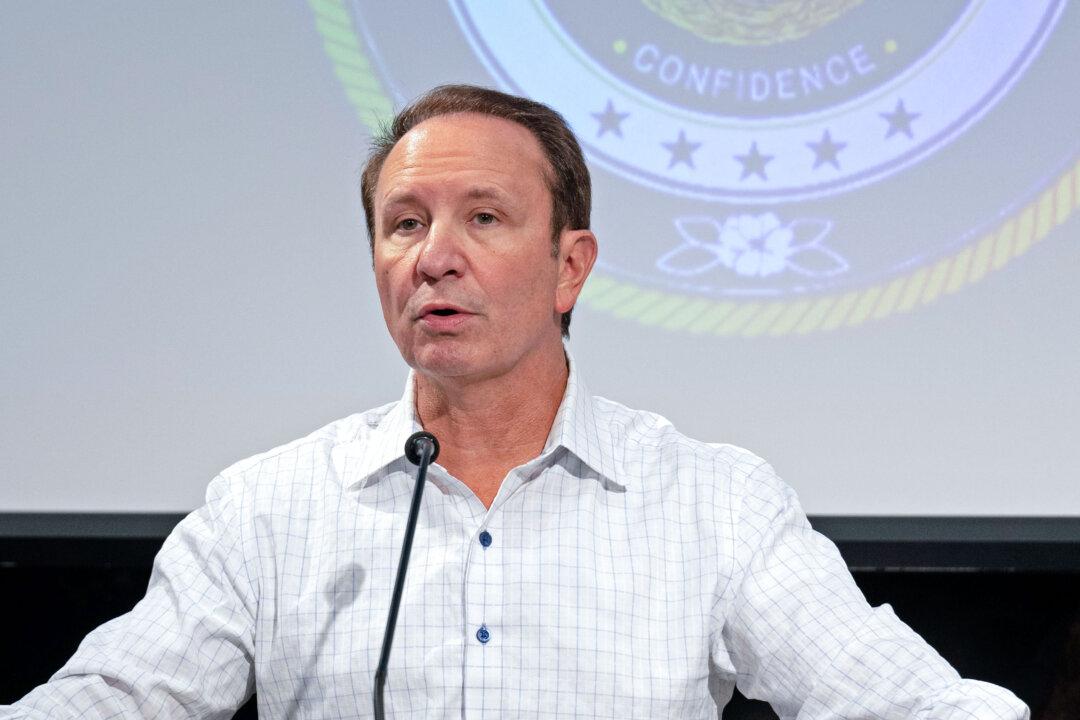A trio of U.S. senators is requesting a security review of a farmland purchase by a Chinese agribusiness with a founder who has links to the Chinese Communist Party (CCP), raising concerns about the property’s proximity to a U.S. military installation.
Sens. Marco Rubio (R-Fla.), John Hoeven (R-N.D.), and Kevin Cramer (R-N.D.) are asking the Committee on Foreign Investment in the United States (CFIUS)—an interagency group that screens foreign investments for security risks—to review the Fufeng Group’s purchase of 370 acres of farmland near the Grand Forks Air Force Base for potential “national security implications.”





